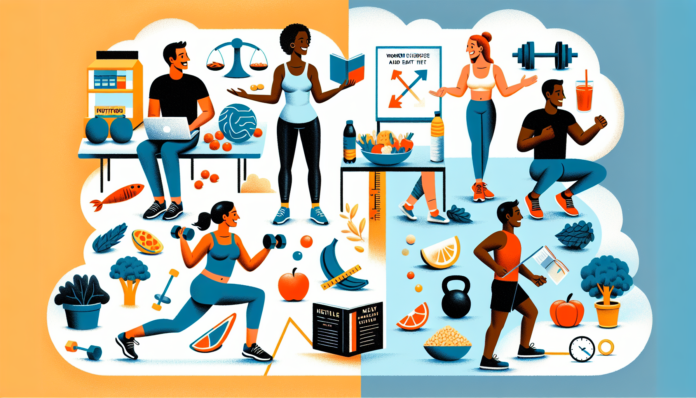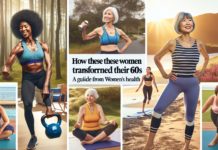When it comes to health and fitness, it’s important to recognize that men and women have different nutritional and exercise needs. While both genders can benefit from regular physical activity and a balanced diet, there are certain factors that make it necessary for women to approach their fitness routines and eating habits differently than men. In a recent article by CNN, the importance of tailoring exercise and nutrition to fit women’s unique needs was highlighted. Let’s delve deeper into why women need to exercise and eat differently than men, and how they can do so effectively.
One of the key reasons why women need to approach exercise differently than men is due to differences in body composition. Women generally have a higher percentage of body fat compared to men, which means they have a lower muscle mass. This can impact how women respond to different types of exercise and the rate at which they build muscle. As a result, women may need to focus on strength training exercises to build muscle and increase their metabolism.
In addition to differences in body composition, women also have unique hormonal fluctuations that can affect their energy levels and metabolism. For example, estrogen levels fluctuate throughout the menstrual cycle, which can impact how women feel during workouts and their recovery time. It’s important for women to listen to their bodies and adjust their exercise intensity and duration based on how they are feeling.
When it comes to nutrition, women also have specific dietary needs that differ from men. Women require more iron due to menstrual blood loss, and they also need more calcium to support bone health, especially as they age. It’s important for women to include a variety of nutrient-dense foods in their diet, such as lean proteins, whole grains, fruits, and vegetables, to ensure they are getting all the essential vitamins and minerals they need.
Another important aspect of women’s nutrition is hydration. Women tend to have a lower body water content compared to men, which means they may need to pay closer attention to their fluid intake, especially during exercise. Staying hydrated is crucial for maintaining energy levels, supporting digestion, and regulating body temperature.
In conclusion, it’s clear that women need to exercise and eat differently than men to support their unique physiological needs. By focusing on strength training, adjusting exercise intensity based on hormonal fluctuations, and including nutrient-dense foods in their diet, women can optimize their health and fitness goals. It’s important for women to listen to their bodies, prioritize self-care, and seek guidance from healthcare professionals or fitness experts to create a personalized exercise and nutrition plan that works best for them.














